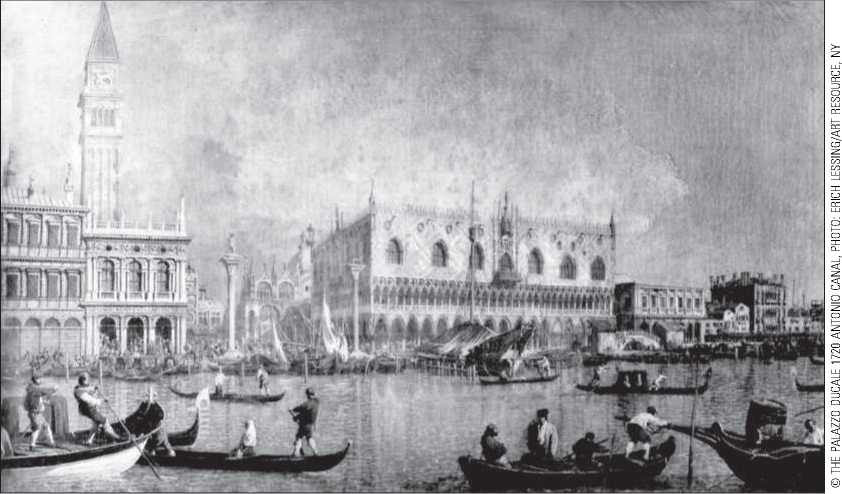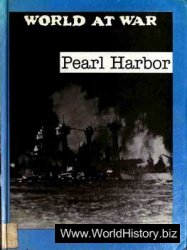It was somewhat of a historical accident that Christopher Columbus—a Genoese sailor in the employ of Spain—made the most vital and celebrated of the landfalls. Neither Spain nor the great Italian city-states were the world’s leaders in long-distance exploration. Tiny, seafaring Portugal was the great Atlantic pioneer, and by the time Columbus embarked, Portugal could claim more than seven decades of ocean discoveries.
Having already driven the Muslims off Portuguese soil in the thirteenth century, Portugal initiated Europe’s overseas expansion in 1415 by capturing Cuenta in North Africa. Under the vigorous and imaginative leadership of Prince Henry the Navigator, whose naval arsenal at Sagres was a fifteenth-century Cape Canaveral, Portugal—from 1415 to 1460—sent one expedition after another down the western coast of Africa. The island of Madeira was taken in 1419 and the Canary Islands shortly thereafter. The Portuguese colonized the Azores from 1439 to 1453 and populated most of these islands with slaves imported from Africa to grow sugar. These ventures had commercial as well as military aims. Europeans had first become familiar with sugar during the early Crusades, and the Mediterranean islands of Cypress, Crete, and Sicily had long been major sugar-producing areas. The commercial development and sugar plantations of the Iberian-owned islands reflected the fifteenth-century Western shift of economic strength and activity. In addition, the Portuguese and others sought to circumvent the Turk-Venetian collusion to control trade and prices over the eastern Mediterranean trade routes. Europeans hungered for Asian goods, especially spices. In an age before refrigeration, pepper, cloves, ginger, nutmeg, and cinnamon were used with almost unbelievable liberality by medieval cooks, whose fashion it was to conceal the taste of tainted meat and embellish the flavor of monotonous food. Accompanying the discoveries of new places and emergence of new trades was the accumulation of knowledge. New methods of rigging sails and designing ships (from one - to three-masted vessels) and other navigational advancements were learned by trial and error. These new technologies were vital in overcoming the difficult prevailing winds of the mighty Atlantic.

Commercial Splendor: Venice (rendered here by Caneletto) was almost as much an Eastern as a Western city, and for hundreds of years its commercial and naval power was a great sustaining force of Western civilization.




 World History
World History





![United States Army in WWII - Europe - The Ardennes Battle of the Bulge [Illustrated Edition]](/uploads/posts/2015-05/1432563079_1428528748_0034497d_medium.jpeg)



